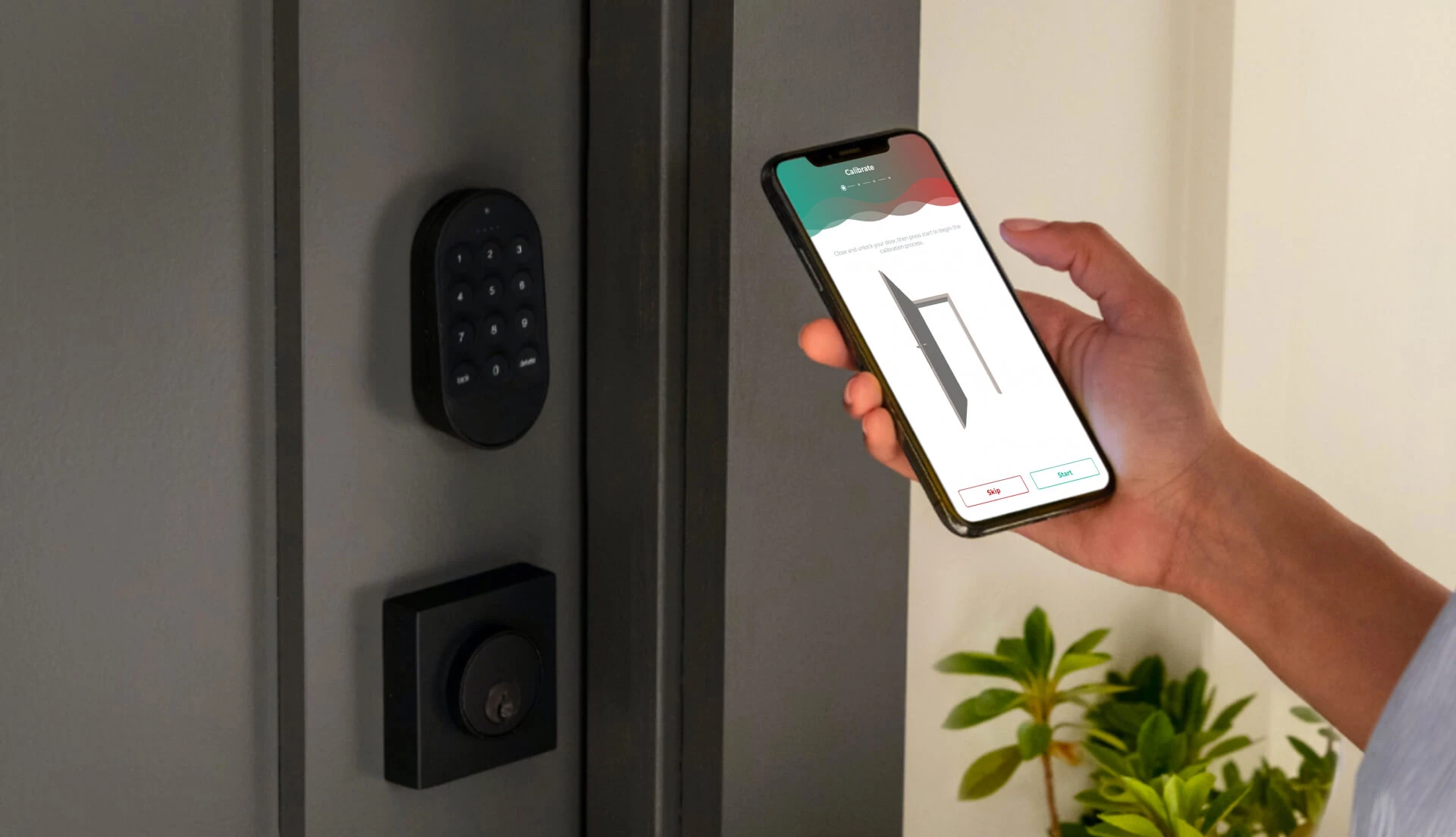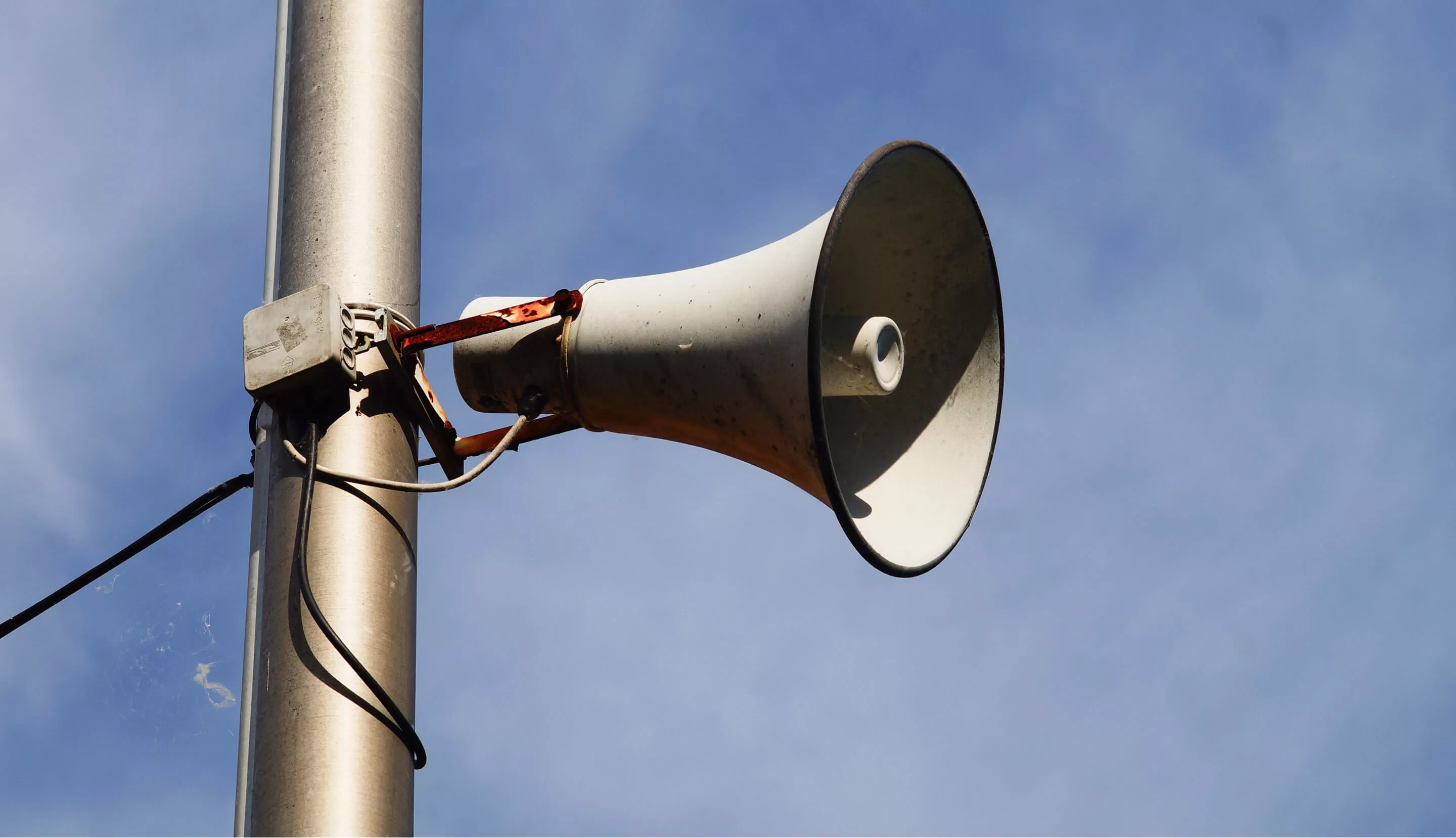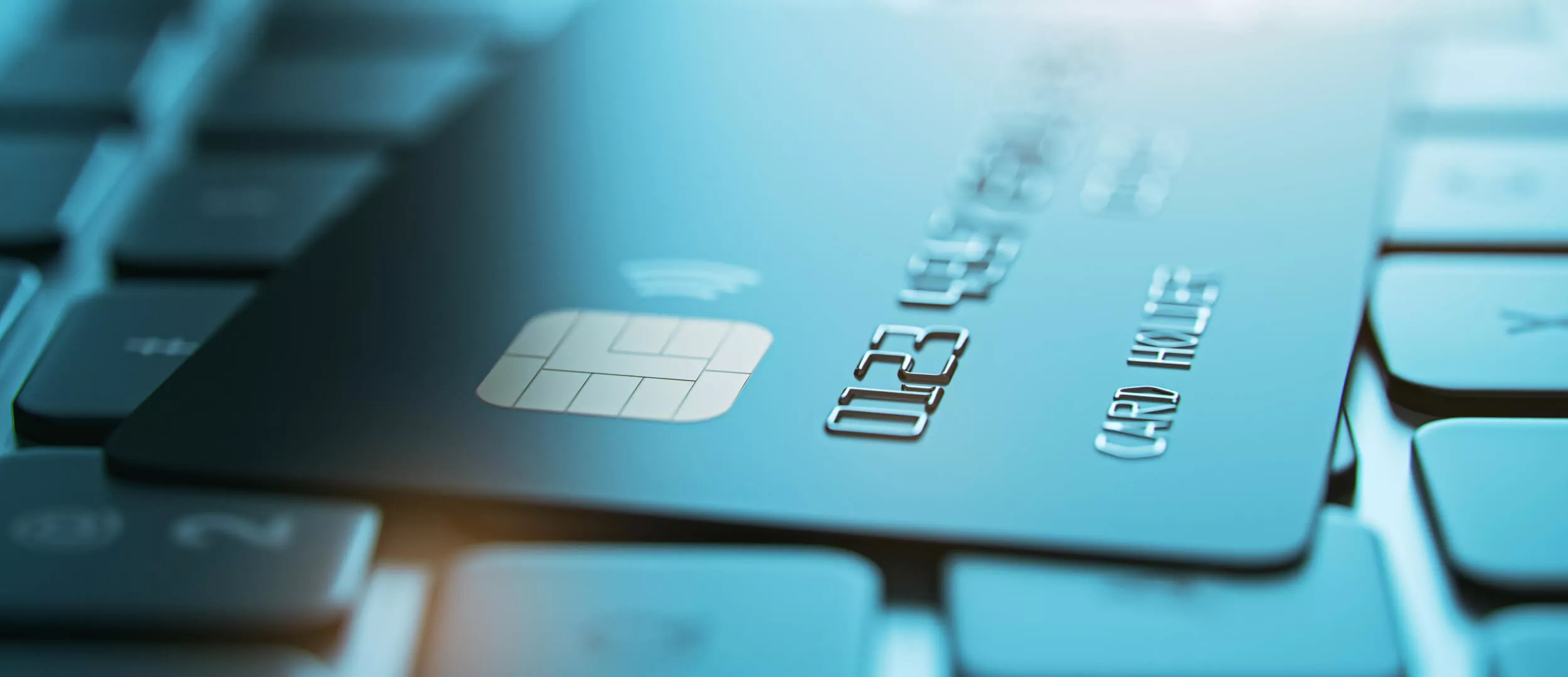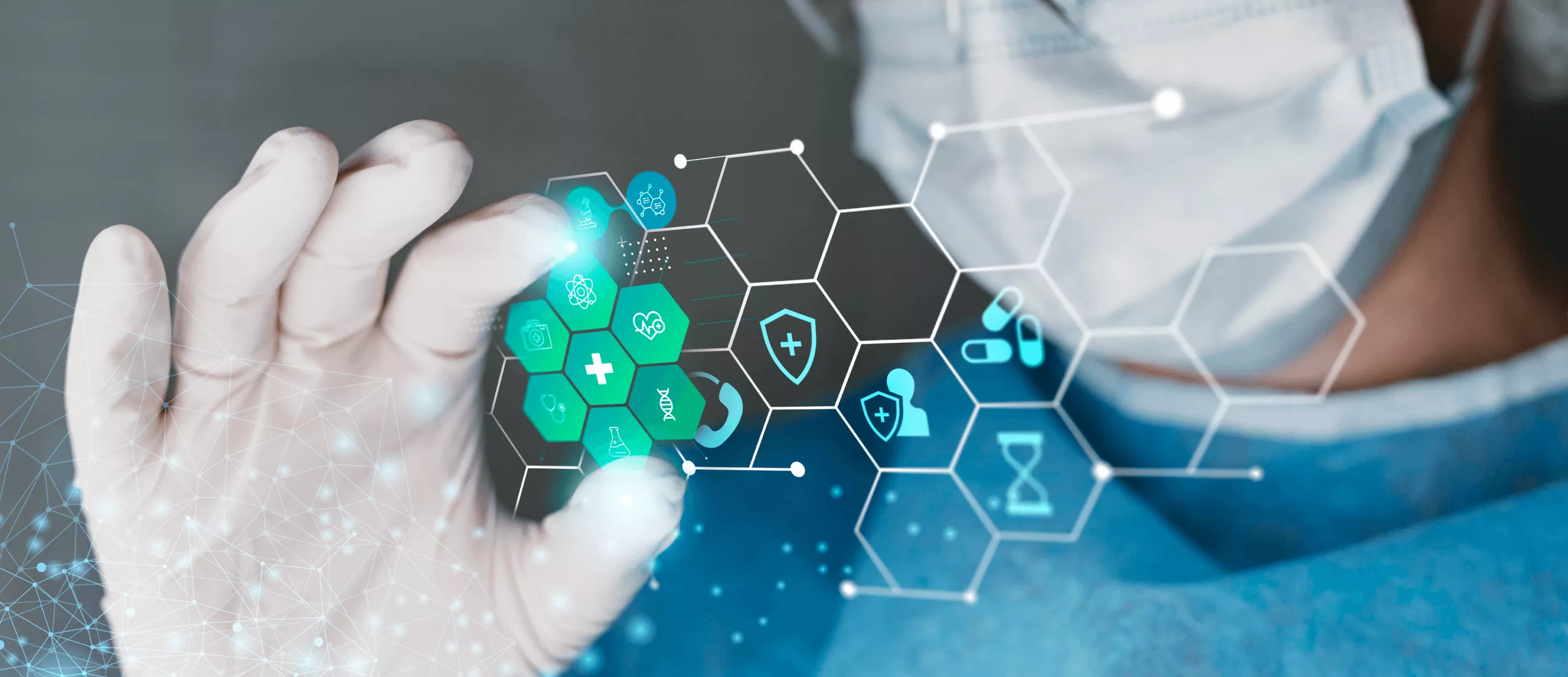
Payments with IoT technology can improve various aspects of our lives. Every second, 127 new devices are connected to the Internet in the world. There will be 64 billion such smart devices by 2025. This is a significant change compared to 2018 when there were about 10 billion. IoT technology is a kind of sensor point that collect information. These devices share data through the cloud, where it is analyzed to transform business and people's everyday lives. In particular, technology has already deeply penetrated the world of finance.
Using smart devices can change financial habits. The Interact IoT platform teaches you not to exceed your credit card limit. Yes, if the user ignores the warning and continues to spend over the limit, the device can send a shock wave to the wrist.
The total value of digital payments is expected to reach $9.46 trillion by 2023 according to Statista. As the market continues to introduce innovative solutions, the payment industry is evolving to enable reliable transactions directly from IoT devices.
IoT-enabled Payment Systems
IoT-enabled payment systems use the Internet of Things (IoT) technology to simplify transactions with no need for human intervention. Such payment systems can variate from one-time payments to recurring payments, micropayments, and even cross-border transactions.
Want a web app that does more?
Let's build a solution that's smart, sleek, and powerful.
Alina
Client Manager

Benefits of IoT-enabled payment systems
Increased efficiency
These payment systems can automate payment processes, making them simple, faster, and more efficient. No need for manual intervention, which saves time and reduces errors.
Enhanced security
IoT-enabled payment systems are more secure than traditional payment systems as they use encrypted data to authenticate transactions. This makes it more difficult for hackers to possess financial information maliciously.
Cost-effective
These systems minimize transaction costs by eliminating intermediaries and the need for manual processes.
Improved customer experience
IoT-enabled payment systems can provide customers with a flawless payment experience, making it simpler and more convenient to pay for products and services.
Examples of IoT-enabled payment systems in use
- Amazon Go: It is a retail store that utilizes IoT-enabled payment systems to help clients to purchase products without the need to go through a traditional checkout process. Buyers simply scan their Amazon Go app when they enter the store, and the system automatically tracks what they take from the shelves. When they leave the store, the system charges their Amazon account for the items they took.
- Mobile payments: Apple Pay and Google Pay utilize IoT-enabled technology to simplify transactions between smartphones and terminals. Customers use mobile devices to make payments, without the need for credit cards or cash.
- Smart vending machines: Smart vending machines have IoT-enabled payment systems that allow making payments using mobile devices or NFC or RFID. This makes it simpler and more convenient to purchase products from vending machines.
- Connected cars: Connected cars allow drivers to pay for tolls, parking, and other services without leaving their cars. This is more convenient for drivers and reduces traffic congestion at toll booths and parking lots.
Smart Point-of-Sale (POS) Systems
Smart Point-of-Sale Systems are designed to help businesses manage their transactions and streamline their operations. It utilizes advanced software and hardware to process transactions, manage inventory, generate reports, and provide insights into business operations. Smart POS systems are popular among small and large businesses due to their numerous advantages.
Advantages of smart POS systems
- Saving Time: First of all, it saves a lot of time and requires less manual work by automating tedious routine tasks such as inventory, reporting, team control, etc.
- Speed: It also increases the speed of the buying process, resulting in a better customer experience.
- Increasing sales: The data your POS system may collect can provide you with valuable information about customer preferences and behavior patterns. This will allow you to tailor your business and increase your sales.
- Enhanced security: POS systems offer enhanced data and payment security and a trusted one-stop shop for your day-to-day business transactions.
How smart POS systems work
Smart POS systems for online sales are cloud-based software designed to perform the aforementioned functions. To work with it, you don't need anything other than an internet connection.
At the same time, POS systems for physical stores consist of software and hardware. Modern POS systems include the following equipment:
- Monitor or portable device for using the software.
- Barcode scanner to check product details and inventory.
- A cash desk that calculates and processes transactions.
- A card reader so that the merchant can support the most popular card payment methods.
- Printer for issuing checks to customers.
The POS system calculates the price of all items in the cart and updates the quantity of items in the merchant's warehouse. To do this, in a physical store, you need someone to scan the barcodes of goods, but on the Internet, this happens instantly.
The customer pays using their favorite payment method supported by the merchant. The payment process depends on the chosen method and usually involves a bank that authorizes the transaction. After payment, the POS system issues a digital or paper receipt, and the seller hands or ships the goods to the buyer.
Mobile Payments
It is a payment transaction made utilizing a smartphone or tablet. This type of payment is very popular due to its convenience and simplicity. Mobile payments can be made using different technologies, such as NFC, QR codes, and mobile wallets, all of which are crucial in mobile payments app development.
Role of IoT in mobile payments
IoT technology has the potential to revolutionize mobile payments by creating a flawless and secure payment experience for customers. IoT-enabled devices can be used to authenticate transactions, provide location-based services, and improve security.
For instance, smartwatches are used to authorize transactions through biometric authentication such as fingerprint or face recognition. This is an extra layer of security that reduces the risk of fraud. IoT sensors can be utilized to track the location of a mobile device and authenticate transactions when the gadget is in a specific location, such as a retail store.
Examples of IoT-enabled mobile payment systems
Apple Pay
It is a mobile payment system that utilizes NFC technology to make payments using iPhone or Apple Watch. The system uses biometric authentication and tokenization technology, thus payment information is protected.
Samsung Pay
It uses both NFC and magnetic secure transmission (MST) technology. MST technology allows the user to make payments at traditional card terminals that do not support NFC, by creating a magnetic signal that simulates a card swipe.
Google Pay
Customers can make payments using their Android devices. The system utilizes NFC technology for contactless payments and also allows sending money to friends and family using mobile devices.
Wearable Payments
These are payment transactions made by using wearable devices such as smartwatches, fitness trackers, and other wearable gadgets. Wearable payments are very popular due to their convenience and ease of use. Wearable payments can be made using different technologies such as NFC, QR codes, and mobile wallets.
Advantages of wearable payments
- The comfort of use: they are more convenient than traditional payment methods because you can make payments without the need to carry cash, cards, or a mobile phone.
- Enhanced security: Wearable devices are secured with biometric authentication (fingerprint or face recognition.
- Fast: Payments are fast because there is no need for users to find their cards. This saves time for both the customer and the merchant.
- Improved user experience: It provides an improved user experience because wearable payments are fast, convenient, and secure.
Examples of IoT-enabled wearable payment systems
Fitbit Pay allows users to make payments using a Fitbit smartwatch. It uses NFC technology to enable contactless payments and is secured using biometric authentication.
Garmin Pay is a mobile payment system allowing users to make payments with a Garmin smartwatch. NFC technology enables contactless payments with biometric authentication.
With the help of the Apple Watch, allows users to make payments. It utilizes NFC technology for contactless payments with biometric authentication.
Security and Privacy Concerns
As technology advances, the use of IoT-enabled payment systems is becoming increasingly popular. However, with this technology comes significant security and privacy concerns that need to be addressed. In this article, we will explore some of these concerns and suggest measures that can be taken to mitigate the associated risks.
Risks associated with IoT-enabled payment systems
One of the primary security concerns with IoT-enabled payment systems is the potential for malicious attacks. Hackers can gain access to IoT devices and steal sensitive financial information such as credit card numbers or bank account details. This highlights the need for robust security measures:
- encryption
- regular updates
- third-party audits
In addition to cyber attacks, the lack of standardized security protocols for IoT devices is another security concern. It is difficult to ensure that all devices are secure and can communicate securely with each other. The implementation of industry-wide security protocols and regular third-party audits can help to mitigate this risk.
Privacy concerns are also prevalent with IoT-enabled payment systems. These systems may collect large amounts of personal data, which could be misused or sold to third parties without the user's permission.
Measures to mitigate security and privacy concerns
The security of the Internet of Things was one of the first uses of blockchain technology. Thanks to distributed ledger technology, it became possible to provide a high level of security for IoT devices on the network and eliminate the existing restrictions and risks for IoT associated with centralization.
Another option is introduced by Quantum IoT Protect from Check Point Software Technologies that help manage and secure IoT devices in several ways:
- Discovery automation minimizes the attack surface and helps ensure complete visibility and control of all devices.
- Constant security monitoring and real-time dynamic threat analysis help stop malicious traffic from the Internet of Things on the network.
- Compromised device isolation and intrusion blocking with "zero trust" segmentation limits the potential for damage through security gateways and network segmentation.
- Awareness of prioritized virtual upgrade issues.
Future of IoT in Payments
The Internet of Things revolutionizing several industries, and the payment industry is no exception. There are several potential advancements that we can expect to see shortly.
Potential advancements in IoT-enabled payment systems
The crucial advancement is the use of biometrics for authentication. IoT devices are equipped with biometric sensors, and users can authenticate transactions with their fingerprints or facial recognition, with no need for passwords and PINs. This reduces the risk of fraud and increases the overall security of payments.
Integration of artificial intelligence (AI) and machine learning (ML) is another advancement. In the future, AI and ML algorithms will help to identify patterns and anomalies in payment transactions which could help prevent malicious attacks.
IoT-enabled payment systems can also lead to a more flawless and reliable payment experience for consumers. With connected devices such as smartwatches, payments could be made securely with no need for physical cards or cash.
Impact of IoT on the payment industry
With the rise of contactless payments and mobile wallets, the impact of IoT is already being felt. A lot of businesses adopt IoT-enabled payment systems, so we can expect to see further new players entering the market and traditional players adapting to new technologies.
The future of IoT in payments has the potential for increased security, reliability, and efficiency in financial transactions.
Our Experience
An app for working with a smart lock
Our team was assigned the project of creating software that enables interaction with a smart lock. The software's key functionalities include the ability to remotely open and close the home lock through smartphone commands, generate and revoke virtual reality passwords as needed, facilitate automatic door opening by recognizing the owner, and provide control both locally and over the Internet.
Device for remote control of street warning sirens
The project, initiated by the Regional Military Administration in Ukraine, involved leveraging the GSM alarm controller developed by the Ukrainian company OKO. Building upon this foundation, our team designed a device that effectively addressed the requirement for remote control of street sirens during the Russo-Ukrainian War.
Conclusion
IoT revolutionizes the payments industry, bringing new levels of comfort and efficiency to financial transactions. But with these benefits come security and privacy concerns that must be resolved through the implementation of robust security protocols, user consent measures, and regular updates and monitoring.
The potential advancements of IoT payment solutions include the use of biometric authentication, AI, and ML, which have the potential to enhance security and streamline financial transactions. If you are interested in creating your financial app with the integration of IoT, just contact us, free consultation is available.

 Read the full case study
Read the full case study
 Read the full case study
Read the full case study


